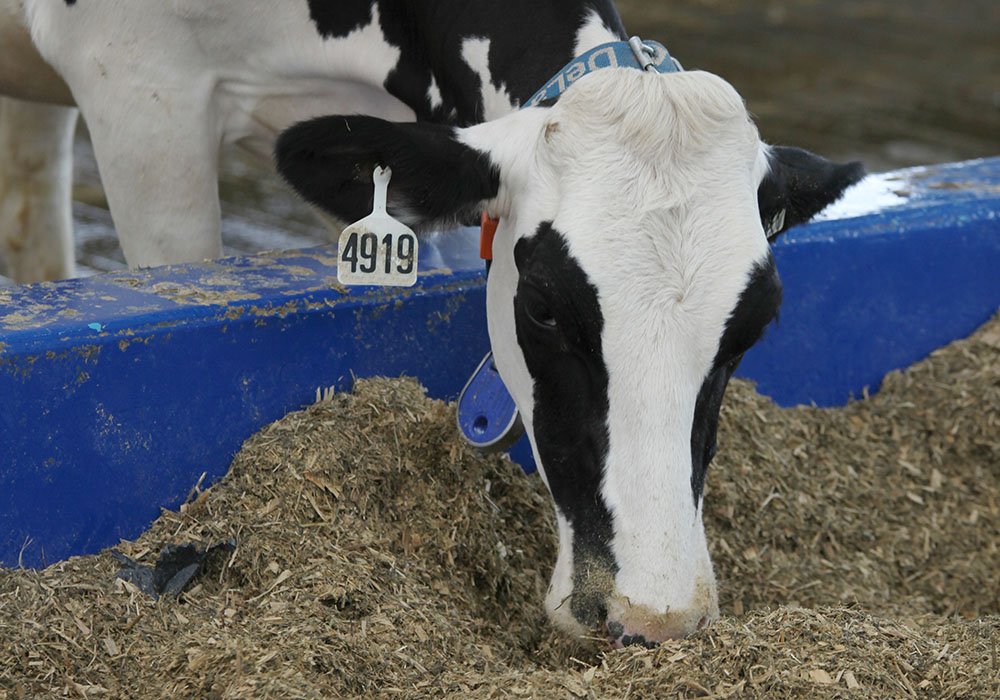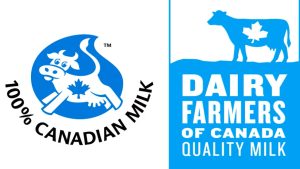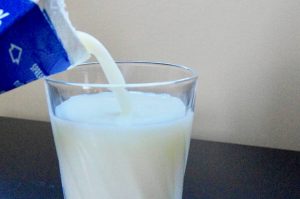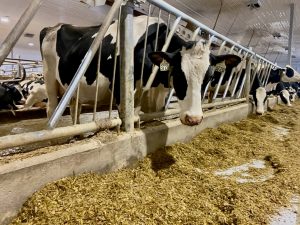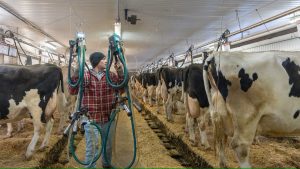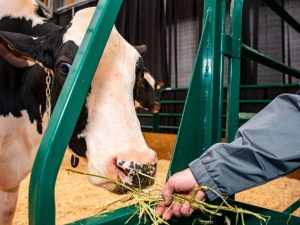
Until an investigation of the “hard butter” issue is completed, “DFC is asking dairy farmers to consider alternatives to palm supplements.”
Palm supplements are sometimes added to dairy rations to help boost the amount of palmitic acid in milk fat, which boosts the overall fat yield.
Existing research has not connected the use of palm-based dairy feed to human health concerns.
DFC’s move comes after Quebec processors announced their concerns.
“Les Producteurs de lait au Quebec is asking producers to stop using products containing palm oil or its derivatives in dairy cattle feed,” the organization said in a Feb. 21 statement.
“We are also asking feed manufacturers to adjust their recipes accordingly and feed consultants to support our producers in making the necessary adjustments to their feed.”
The organization wants the same strictures placed on imported dairy products.
Previously, the Dairy Processors Association of Canada had publicly requested an investigation into the situation to determine if there was a problem.
DFC formed a task force, one that will include industry, experts and consumers, but did not initially suggest a voluntary moratorium on palm-based feed ingredients.
The issue of whether butter has recently become hard at room temperature, and if that is connected to palm supplements, was raised by a national food journalist during the winter and highlighted by food industry academic Sylvain Charlebois of Dalhousie University.
Some people, from across the country, have said they are experiencing butter that no longer grows soft at room temperature. Other people, also from across the country, say they have seen no such thing in their kitchens.
The issue has been dragged into the long-standing debate about the supply management system, around which Canada’s dairy industry is structured, even though that system doesn’t necessarily have anything to do with “hard butter,” palm-based feeds or processing issues.
The story caught fire not just nationally, but across the world’s airwaves. It became the top story on BBC World Service and a promoted story by United States National Public Radio.
#CdnDairy farmers have listened attentively to concerns over the use of animal feed supplements. DFC has formed an expert working group, and pending completion of its work, is asking dairy farmers to consider alternatives to palm supplements.
more: https://t.co/r7eSWftRCd#CdnAg pic.twitter.com/HIf139i8oH— DFC / PLC (@dfc_plc) February 25, 2021
The DFC study will attempt to unravel the issue. Currently, there is no reliable data on the prevalence of harder-than-expected butter, whether it is connected to feed, if there is a processing connection, whether other dairy industries elsewhere have noticed similar concerns, and how to address concerns that butter is harder and more difficult for some to spread or bake with.
Butter use has spiked during the pandemic, growing 12 percent in 2020, as millions of housebound people re-engaged in home cooking and baking.
That spike has been good for the industry, but placed a lot of pressure on farmers to boost production to satisfy demand.
